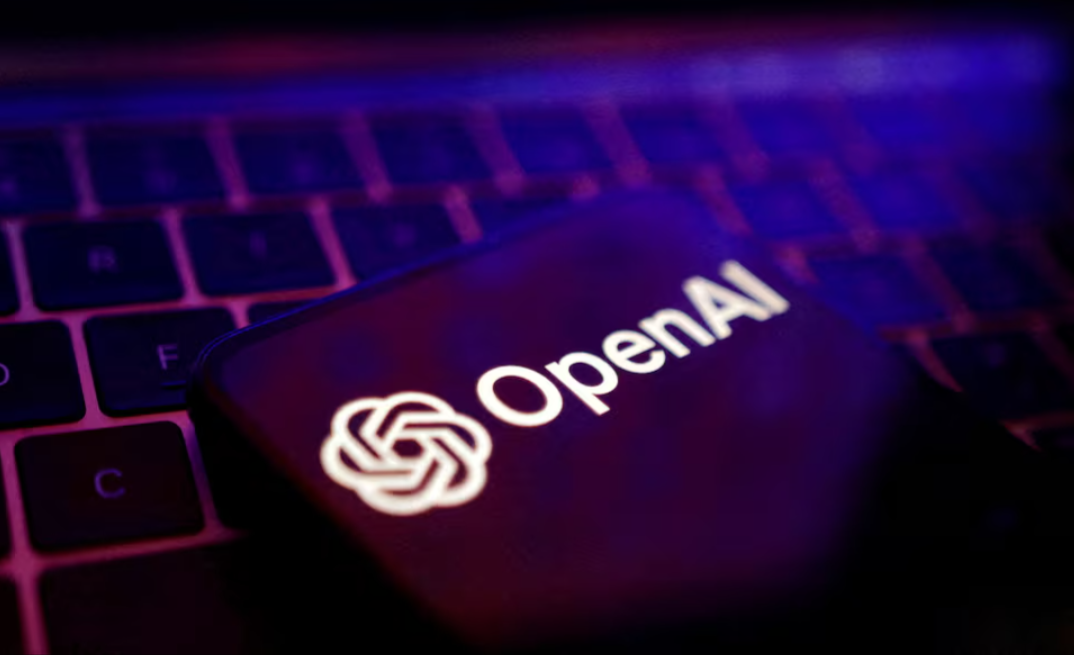OpenAI has been in discussions with semiconductor designers, including Broadcom, to develop a new chip. This move aims to reduce its reliance on Nvidia and strengthen its supply chain.

These efforts, led by co-founder and CEO Sam Altman, seek to secure the components and infrastructure needed to run increasingly powerful AI models. “The limiting factor of AI is capacity: chip capacity, energy capacity, compute capacity. OpenAI is not just going to sit back and let others build that when they are on the front line,” said a source familiar with OpenAI’s plans.
Altman has engaged with chipmakers, partners like Microsoft, government bodies, and financial backers to boost capacity and maintain OpenAI’s central role in the AI technology boom, initiated by the release of ChatGPT in late 2022.
The early-stage talks with Broadcom, first reported by The Information, focus on how Broadcom could help develop a new chip for OpenAI. “OpenAI is having ongoing conversations with industry and government stakeholders about increasing access to the infrastructure needed to ensure AI’s benefits are widely accessible,” OpenAI said in a statement. “This includes working in partnership with premier chip designers, fabricators, and data center developers.”
Broadcom did not respond to a request for comment.
Powerful semiconductors are critical for top AI companies. OpenAI, Microsoft, and rivals like Anthropic and Google heavily rely on Nvidia’s advanced GPUs to train and run their models.
While OpenAI is unlikely to match Nvidia’s technology soon, it is exploring ways to become more self-reliant in pursuing artificial general intelligence — AI that can outperform humans in various cognitive tasks.
Despite Microsoft’s $13 billion commitment, OpenAI would still need additional financial support or commercial partnerships to realize its plans, according to a knowledgeable source. “It’s fair to say it requires massive sums of money to do this stuff,” the source said.
 www.ic-pcb.com
www.ic-pcb.com

These efforts, led by co-founder and CEO Sam Altman, seek to secure the components and infrastructure needed to run increasingly powerful AI models. “The limiting factor of AI is capacity: chip capacity, energy capacity, compute capacity. OpenAI is not just going to sit back and let others build that when they are on the front line,” said a source familiar with OpenAI’s plans.
Altman has engaged with chipmakers, partners like Microsoft, government bodies, and financial backers to boost capacity and maintain OpenAI’s central role in the AI technology boom, initiated by the release of ChatGPT in late 2022.
The early-stage talks with Broadcom, first reported by The Information, focus on how Broadcom could help develop a new chip for OpenAI. “OpenAI is having ongoing conversations with industry and government stakeholders about increasing access to the infrastructure needed to ensure AI’s benefits are widely accessible,” OpenAI said in a statement. “This includes working in partnership with premier chip designers, fabricators, and data center developers.”
Broadcom did not respond to a request for comment.
Powerful semiconductors are critical for top AI companies. OpenAI, Microsoft, and rivals like Anthropic and Google heavily rely on Nvidia’s advanced GPUs to train and run their models.
While OpenAI is unlikely to match Nvidia’s technology soon, it is exploring ways to become more self-reliant in pursuing artificial general intelligence — AI that can outperform humans in various cognitive tasks.
Despite Microsoft’s $13 billion commitment, OpenAI would still need additional financial support or commercial partnerships to realize its plans, according to a knowledgeable source. “It’s fair to say it requires massive sums of money to do this stuff,” the source said.
Openai And Broadcom In Talks About Developing New Ai Chip
OpenAI has been in discussions with semiconductor designers, including Broadcom, to develop a new chip.
 www.ic-pcb.com
www.ic-pcb.com
